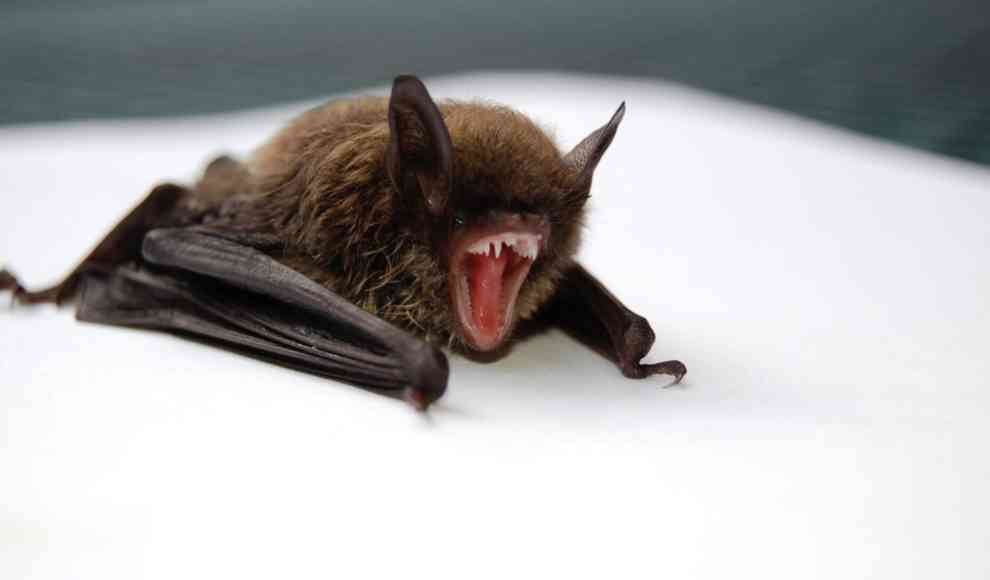Newly discovered viruses in Laotian and Chinese bats have been found to be the closest relatives of SARS-CoV-2, providing further evidence that the coronavirus has a natural origin and was not created in a lab. Scientists from the Pasteur Institute, a leading research center for biology and medicine, have identified three previously unknown viruses in bats that possess receptor-binding domains similar to SARS-CoV-2. The viruses, named BANAL-52, BANAL-103, and BANAL-236, were found in the saliva, urine, and feces of around 650 bats in northern Laos. The viruses are 95% identical to SARS-CoV-2 and could potentially jump to humans.
The discovery of these viruses in the natural environment supports the theory that the Covid-19 pandemic has a natural origin. The initial sequencing of SARS-CoV-2’s receptor-binding domain was unlike anything previously seen, leading to speculation that the virus may have been created in a lab. However, the finding of similar viruses in bats suggests that the virus has a natural origin. The WHO has also deemed it “extremely unlikely” that the virus originated in a lab. The newly discovered viruses have similar receptor-binding domains to early strains of the coronavirus, but lack some of the features that make it easier for the virus to enter human cells.
The researchers are now cultivating the BANAL-236 virus in cells to conduct further studies on animals. The discovery of these viruses in bats highlights the importance of understanding the natural origins of viruses and the need for continued research to prevent future pandemics.










